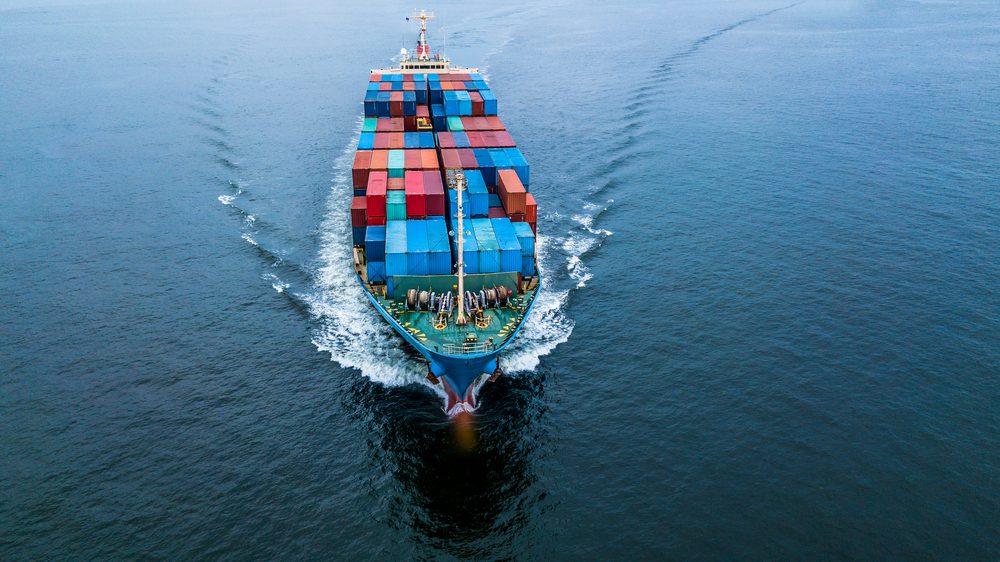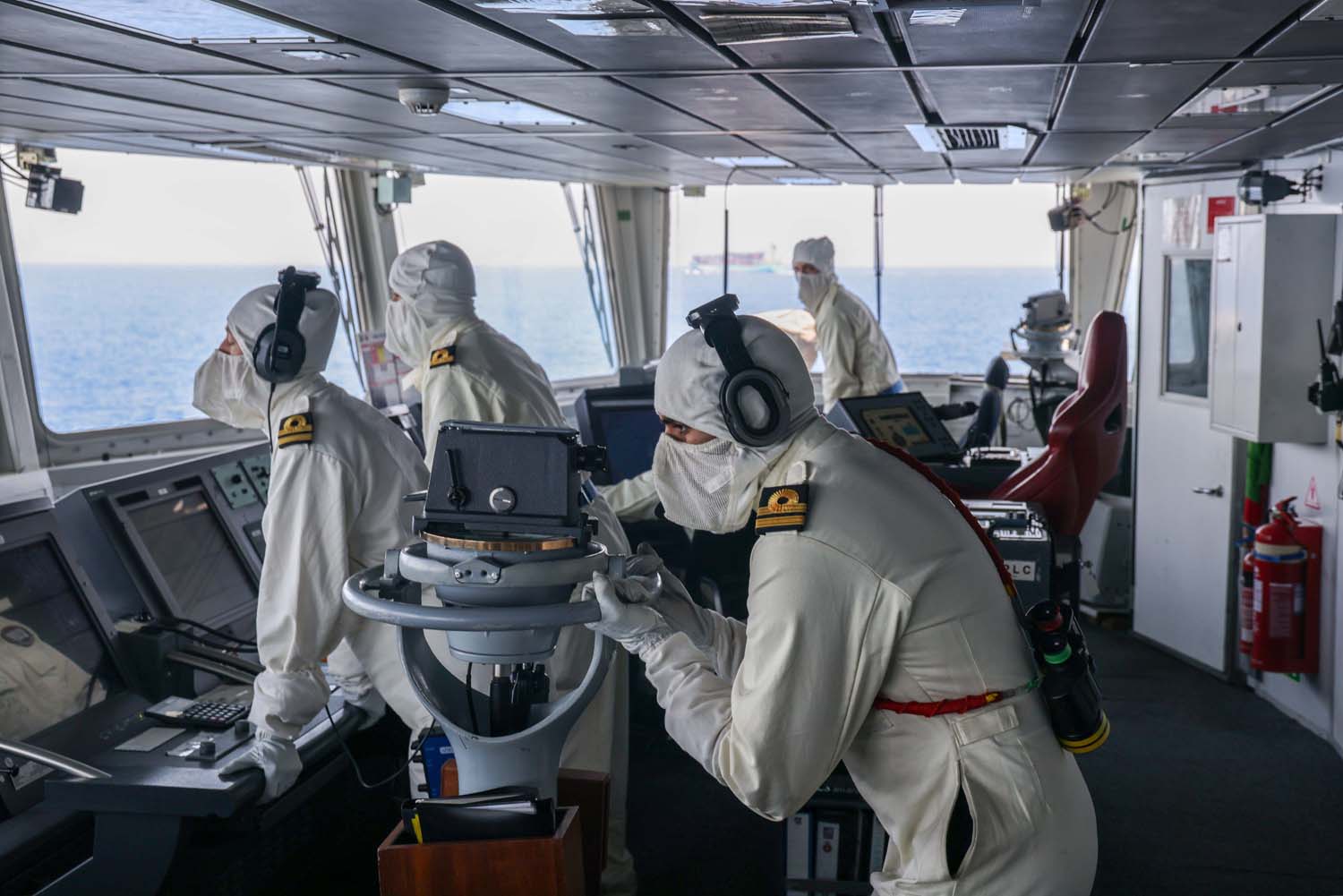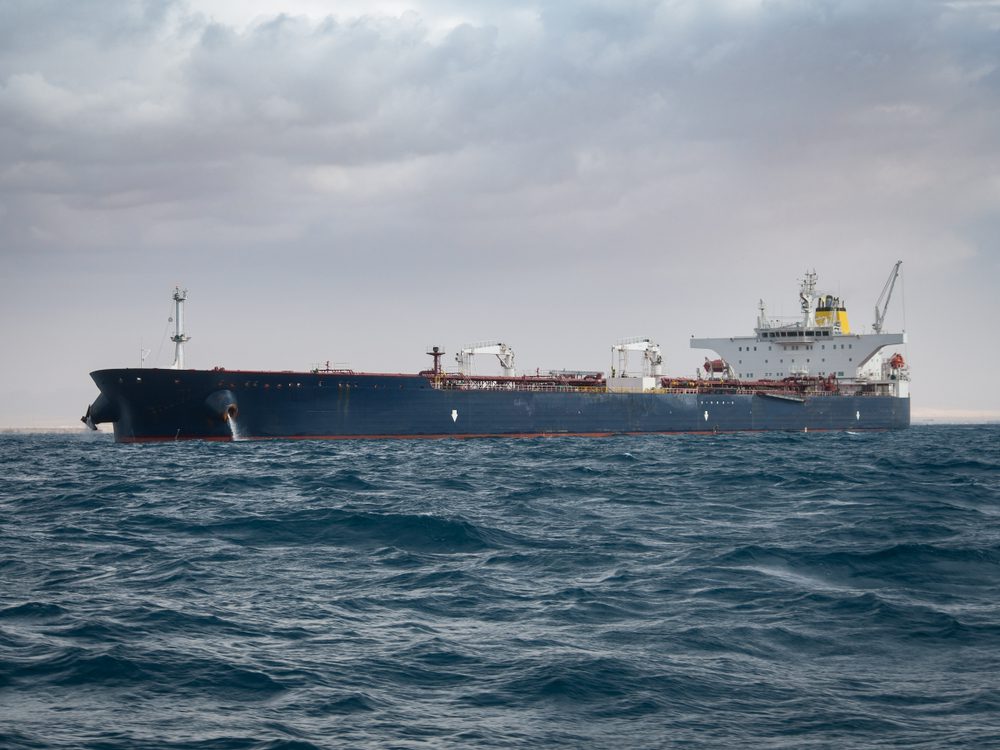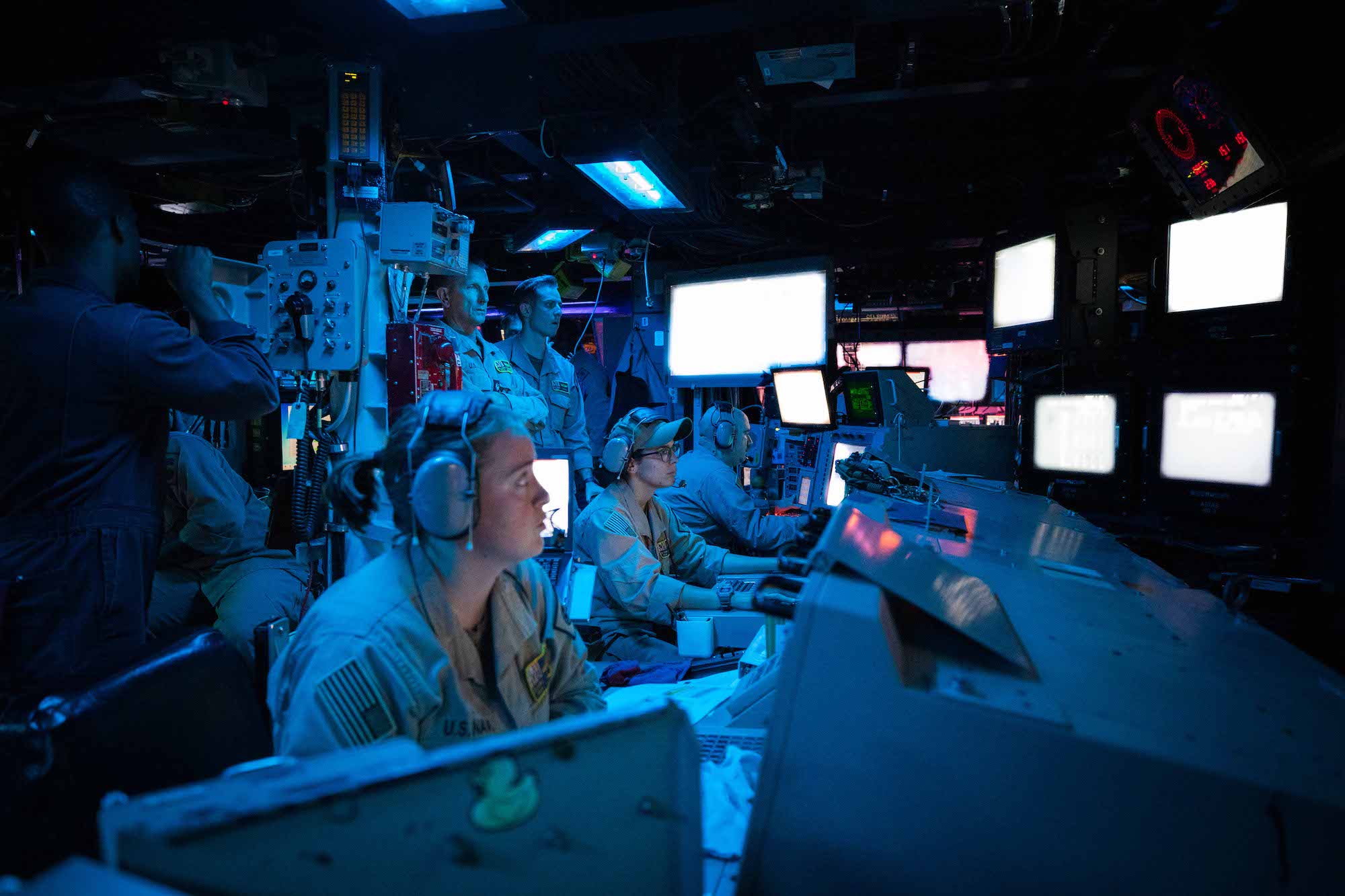By K. Oanh Ha (Bloomberg) —
Unilever Plc and other big retail brands are among consumer giants adopting a toolkit to audit their shipping supply chains in an effort to help bring seafarers stuck on commercial vessels back home and eliminate human rights risks.
The voluntary initiative, which launches later this week, calls on companies that put cargo on shipping containers to address problems stemming from government-imposed restrictions on crew changes. It’s estimated more than 200,000 crew around the world are still stuck on vessels beyond the expiration of their contracts and well past globally accepted safety standards.
The program — part of a project by the UN Global Compact — is also expected to be endorsed by the powerful Consumer Goods Forum, a body that counts hundreds of the world’s biggest consumer companies as members, including Coca-Cola Co., Marks & Spencer Group Plc and Nestle SA.
“Throughout the pandemic, the world’s seafarers have been set adrift, stranded by Covid-19 restrictions with hundreds of thousands forced to work against their will,” said Stephen Cotton, general secretary of the International Transport Workers’ Federation, the union that represents seafarers. “Responsible players in the supply chain have acted, but many companies, whose goods haven’t stopped moving, have either been caught unaware or have chosen to ignore this humanitarian crisis. With the launch of this tool, companies now have no excuse.”
Practical Steps
Any company that puts any sort of cargo on ships will be encouraged to use the checklist, which includes asking ship owners and those who charter space on vessels to ensure clauses that prevent crew changes aren’t being added to contracts.
Earlier, Bloomberg reporting found that some big commodities firms are avoiding hiring certain vessels or imposing conditions that block crew changes to relieve exhausted seafarers. Brands are also being encouraged to work with the union and shipping chamber to request a detailed audit of their supply chain — down to the ships that are being used to ferry their cargo as part of the human rights due diligence initiative.
Unilever, which like Bloomberg was able to review the program’s details before its launch, plans to adopt the toolkit, according to Chief Supply Chain Officer Marc Engel. The company last year spearheaded a letter urging world leaders to help stuck seafarers. This latest initiative spells out practical, concrete steps that all businesses can take to make sure their sea logistics address human rights flags, Engel said.
Engel said the tool kit should prompt some frank discussions with suppliers as well as encourage dialog around costs within the shipping industry, which is fragmented and often employs a network of ship owners, charterers and brokers.
Since the pandemic, some countries and their governments have either stopped or limited access for ships to conduct seafarer changes in a bid to prevent the spread of Covid. A Bloomberg investigation published in September found numerous violations of international maritime law designed to protect seafarers, including allegations of unpaid overtime and insufficient medical attention. There’s fear governments may again tighten restrictions as countries try to contain mutant virus strains.
The International Chamber of Shipping, the industry association that represents ship owners, is on board with the new initiative, said Secretary General Guy Platten. “The crew change crisis is far from over,” he said. The initiative also calls on companies to put pressure on governments to support the industry, which Platten says will help.
Some of those brands that have made the effort to dig into their supply chains have been surprised.
Fashion retailer TFG London conducted an investigation of its supply chain in 2020. It asked its shipping partners for a detailed map of the logistics network at sea and sought help from the seafarers’ union to undertake welfare checks on some of the ships carrying its cargo. The company found that five vessels didn’t have agreements with the union.
“We felt powerless to act as we didn’t have meaningful tools or leverage to respond to this crisis,” said Francesca Mangano, TFG London’s corporate social responsibility and sustainability executive. “This tool is set to drive change.”
–With assistance from Jack Wittels.
© 2021 Bloomberg L.P.
Unlock Exclusive Insights Today!
Join the gCaptain Club for curated content, insider opinions, and vibrant community discussions.

 Join The Club
Join The Club













